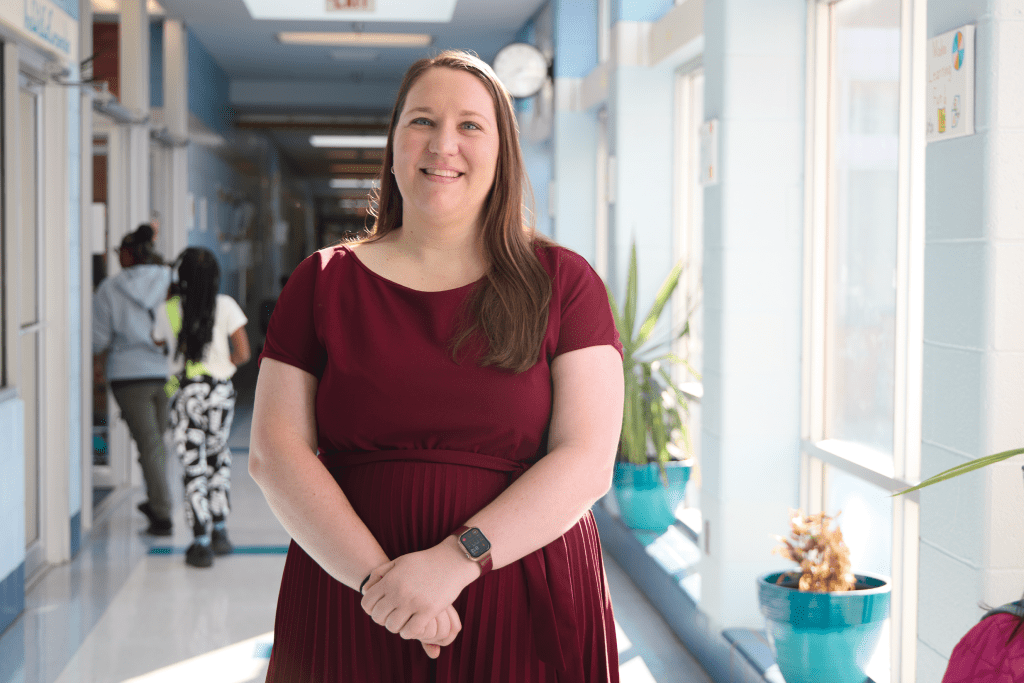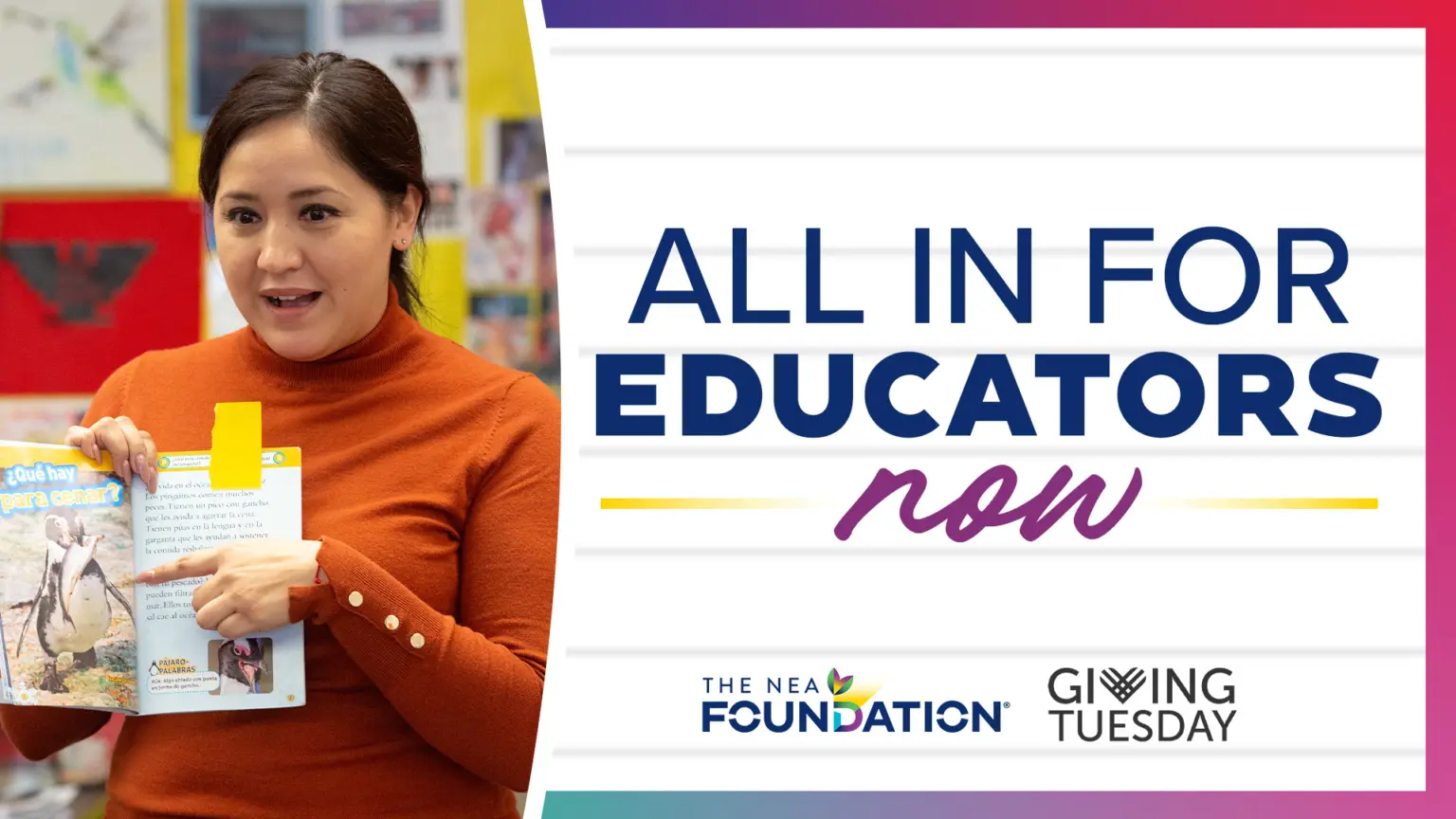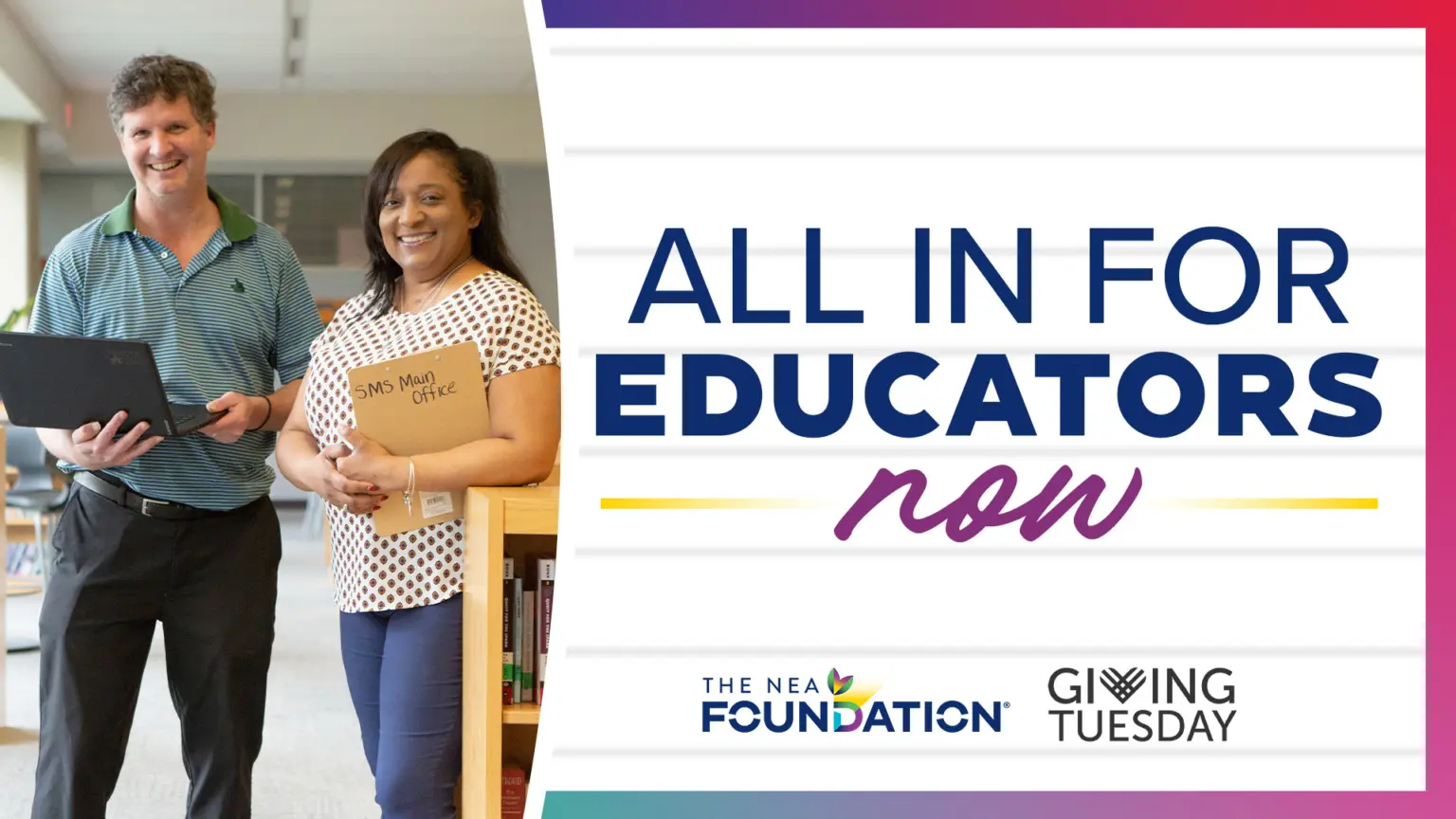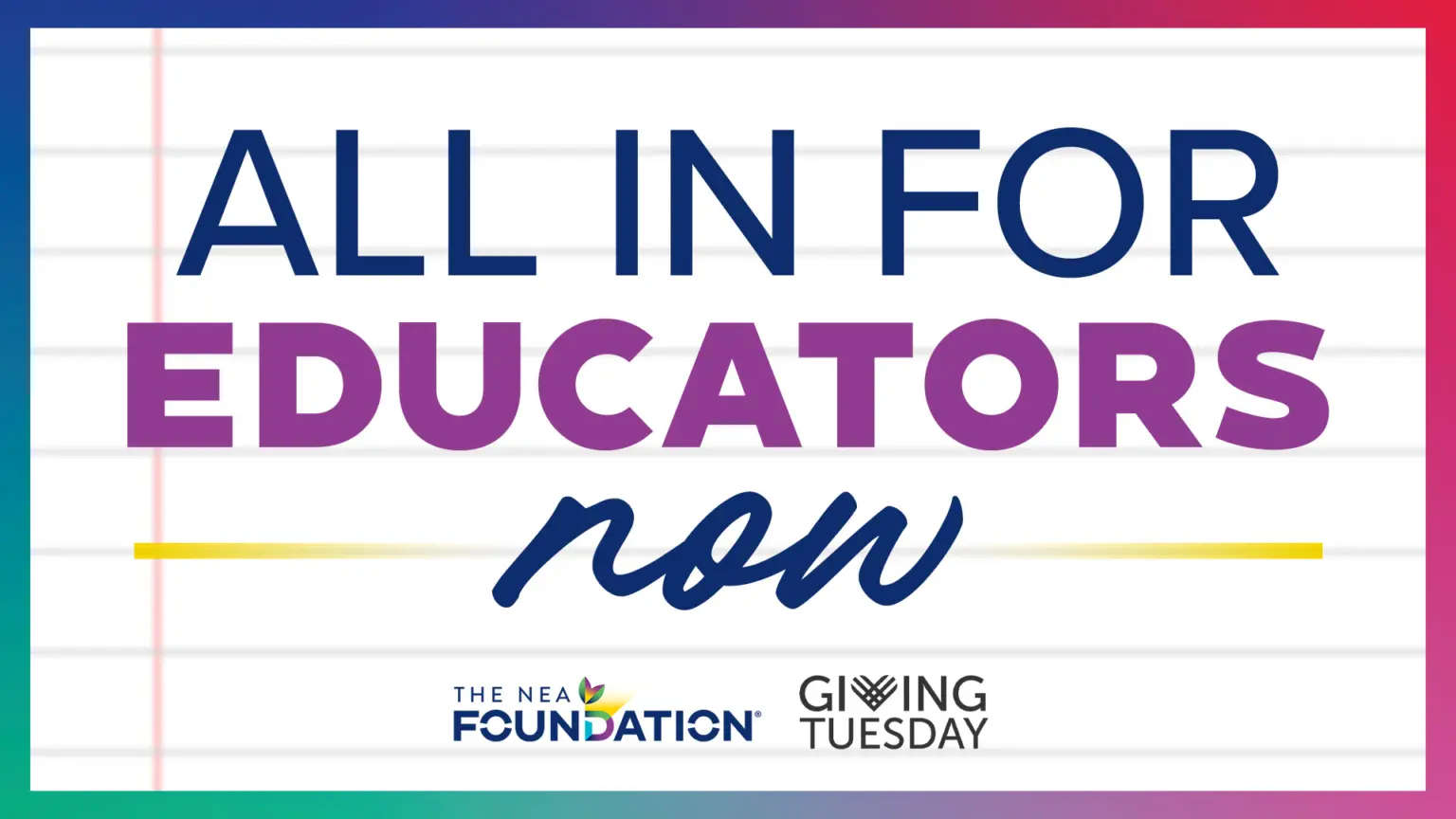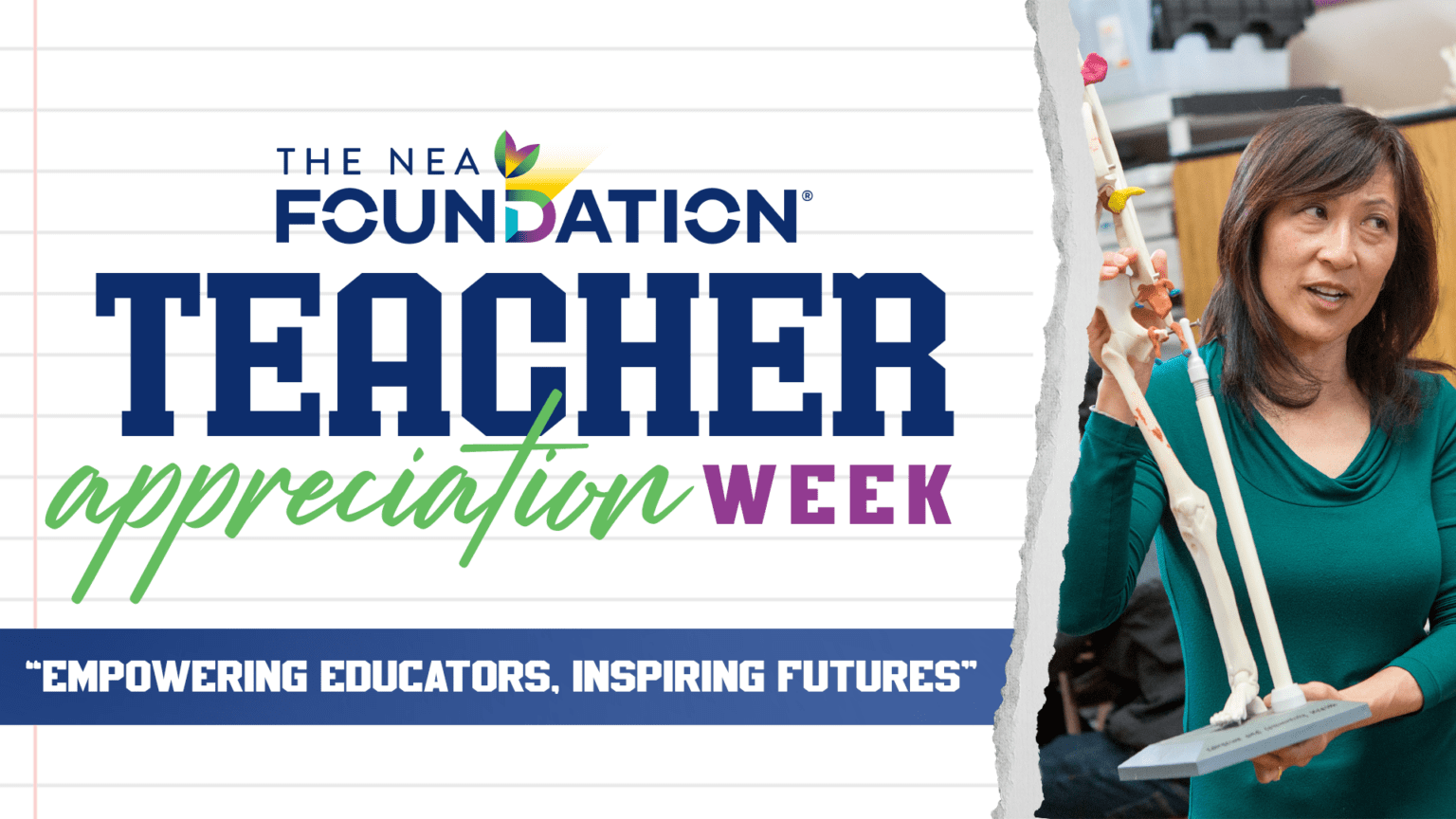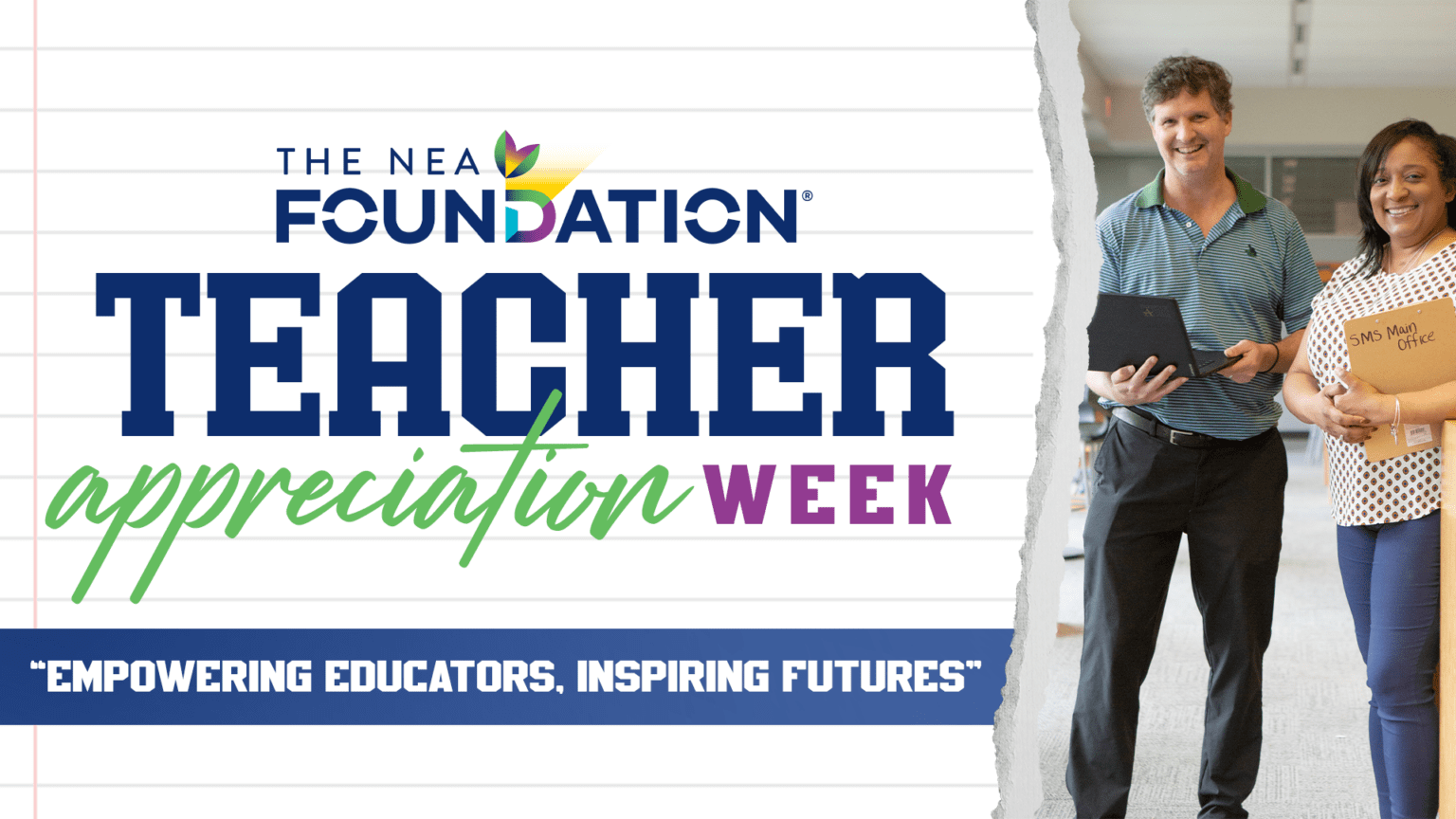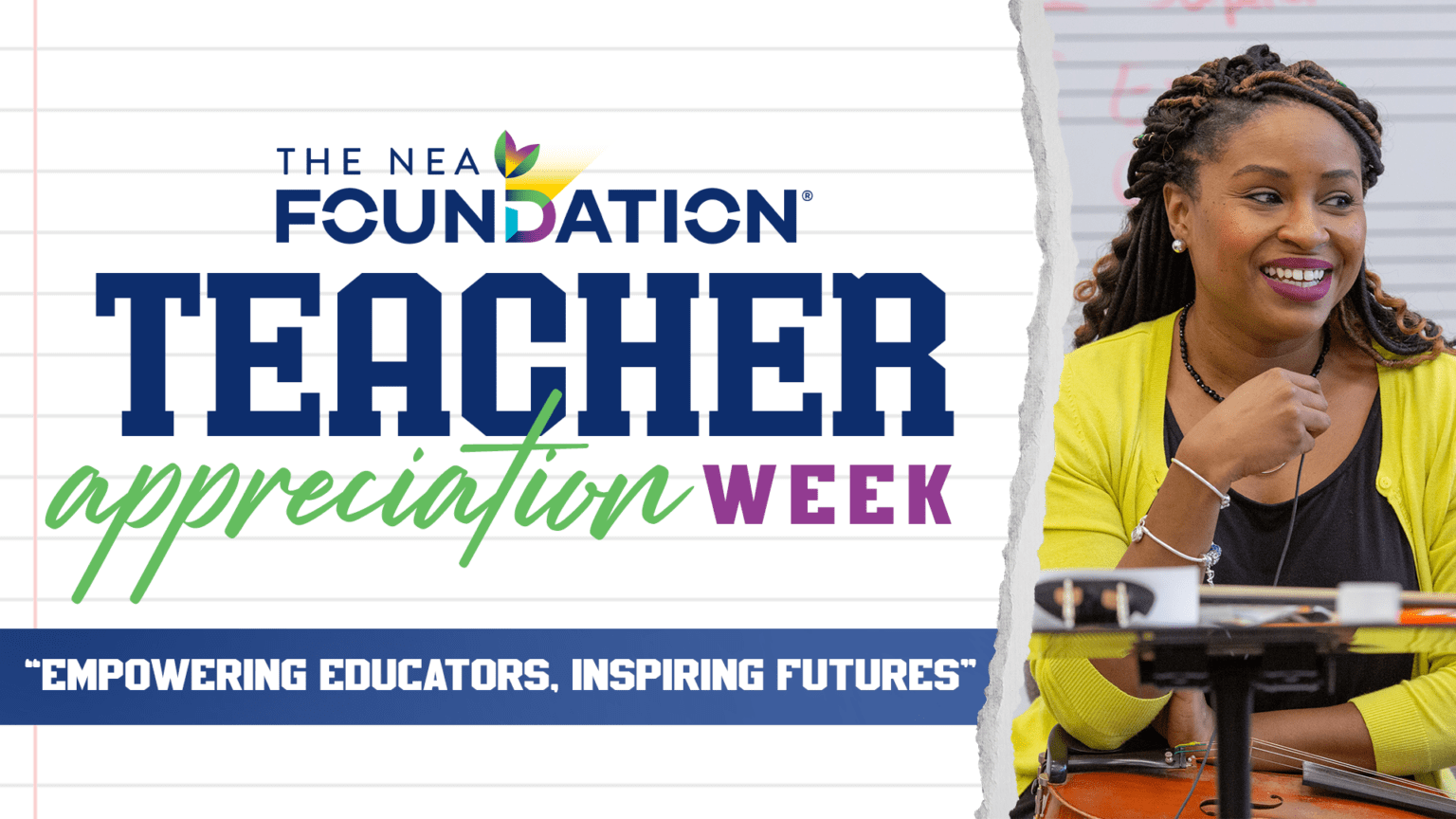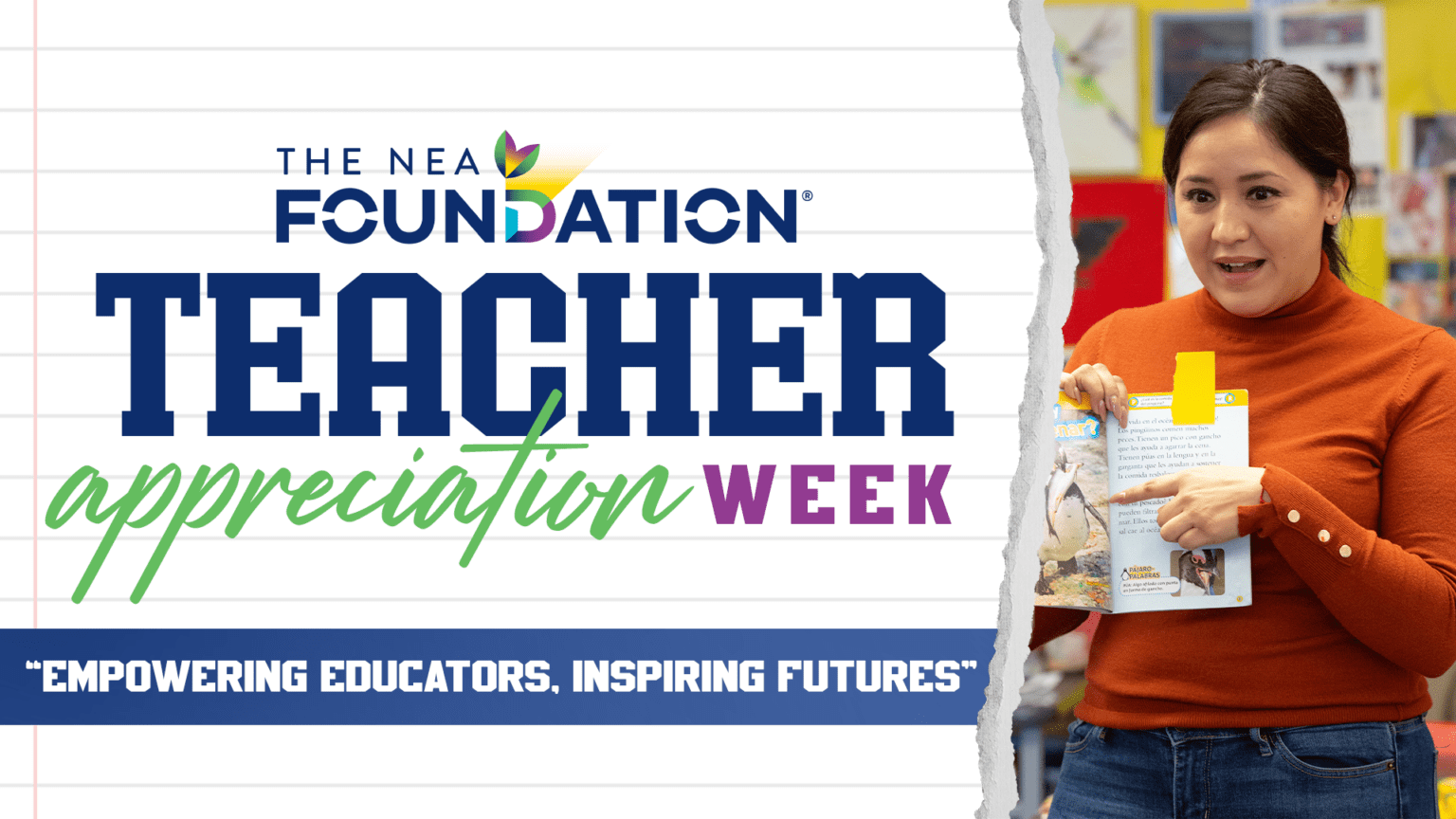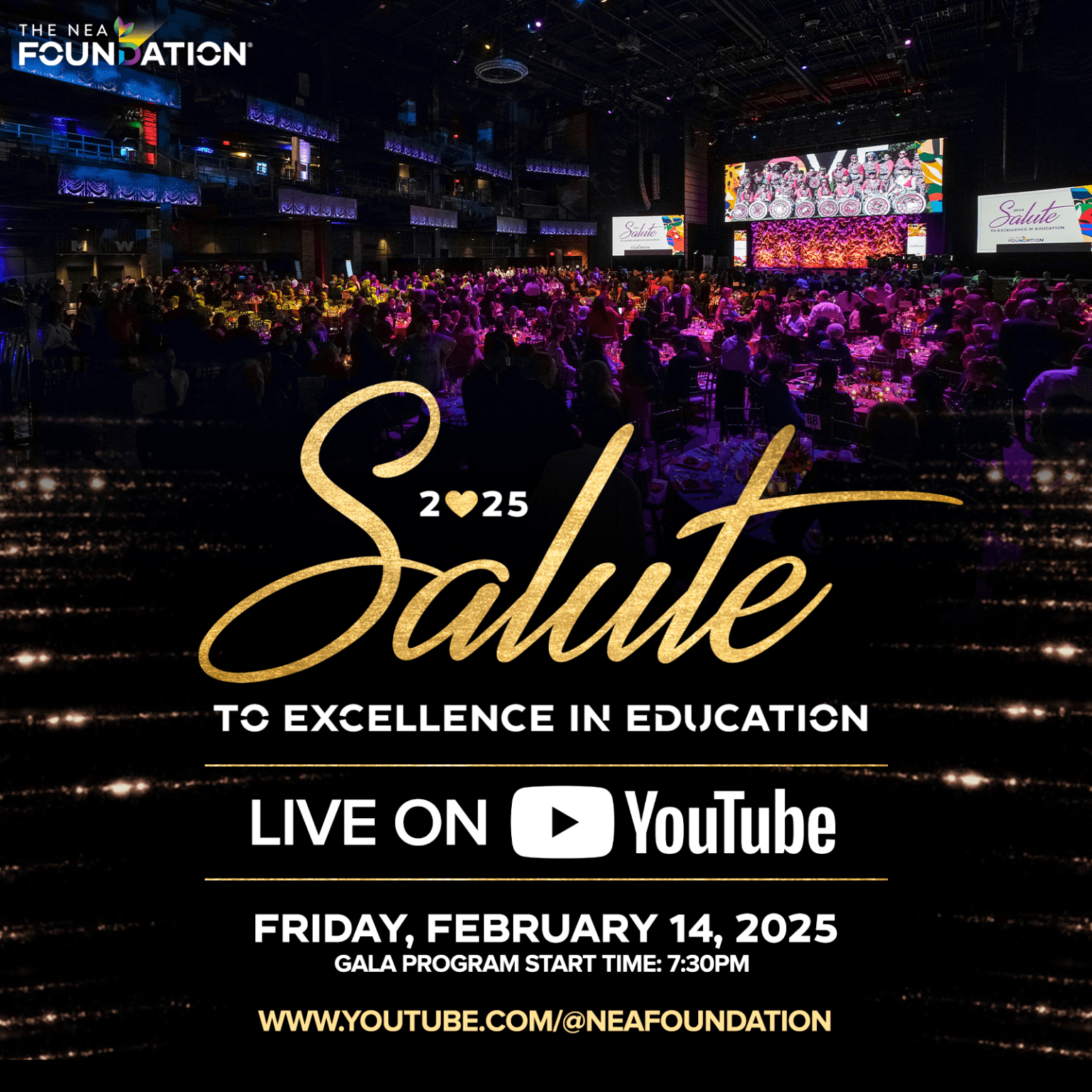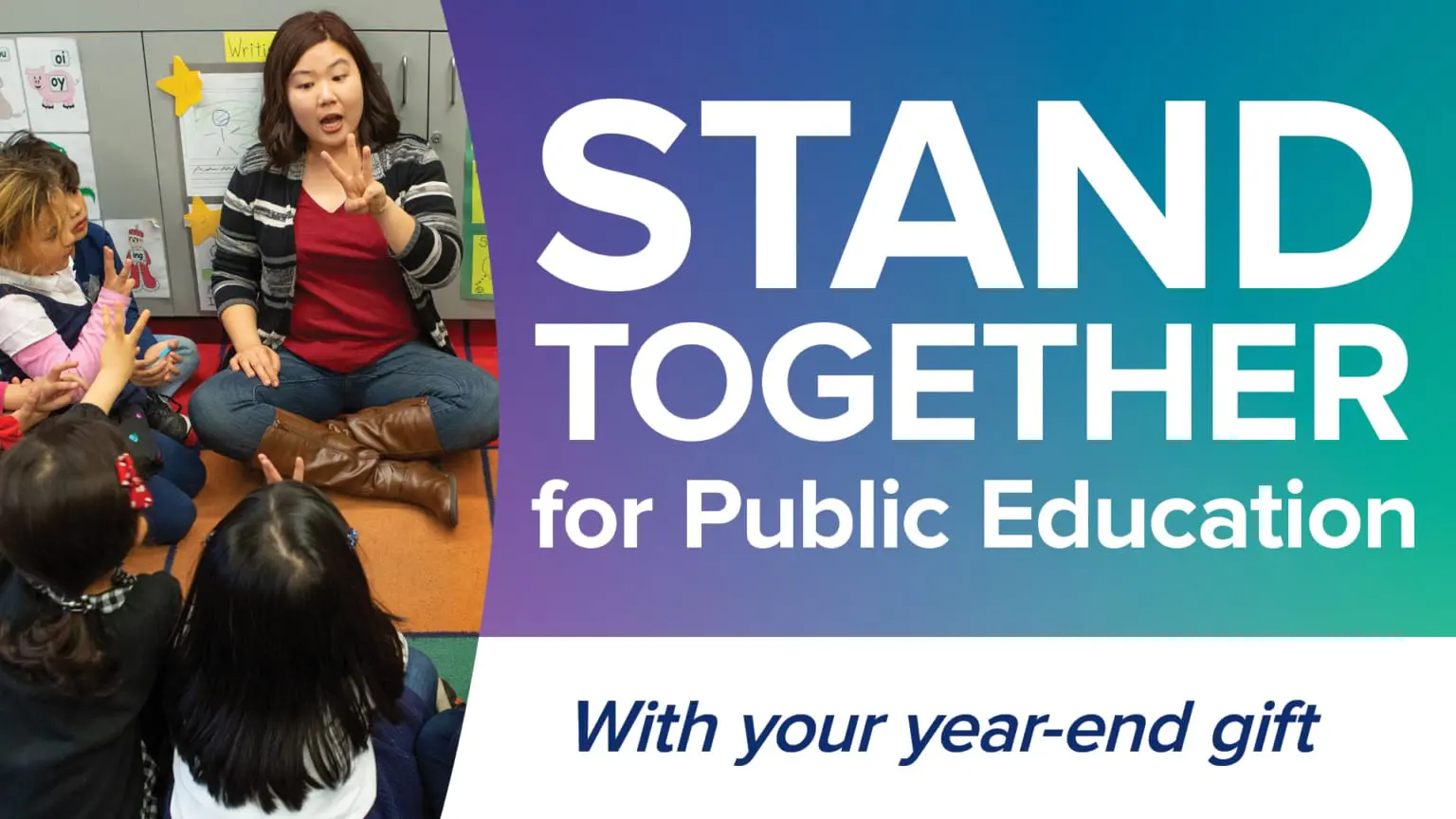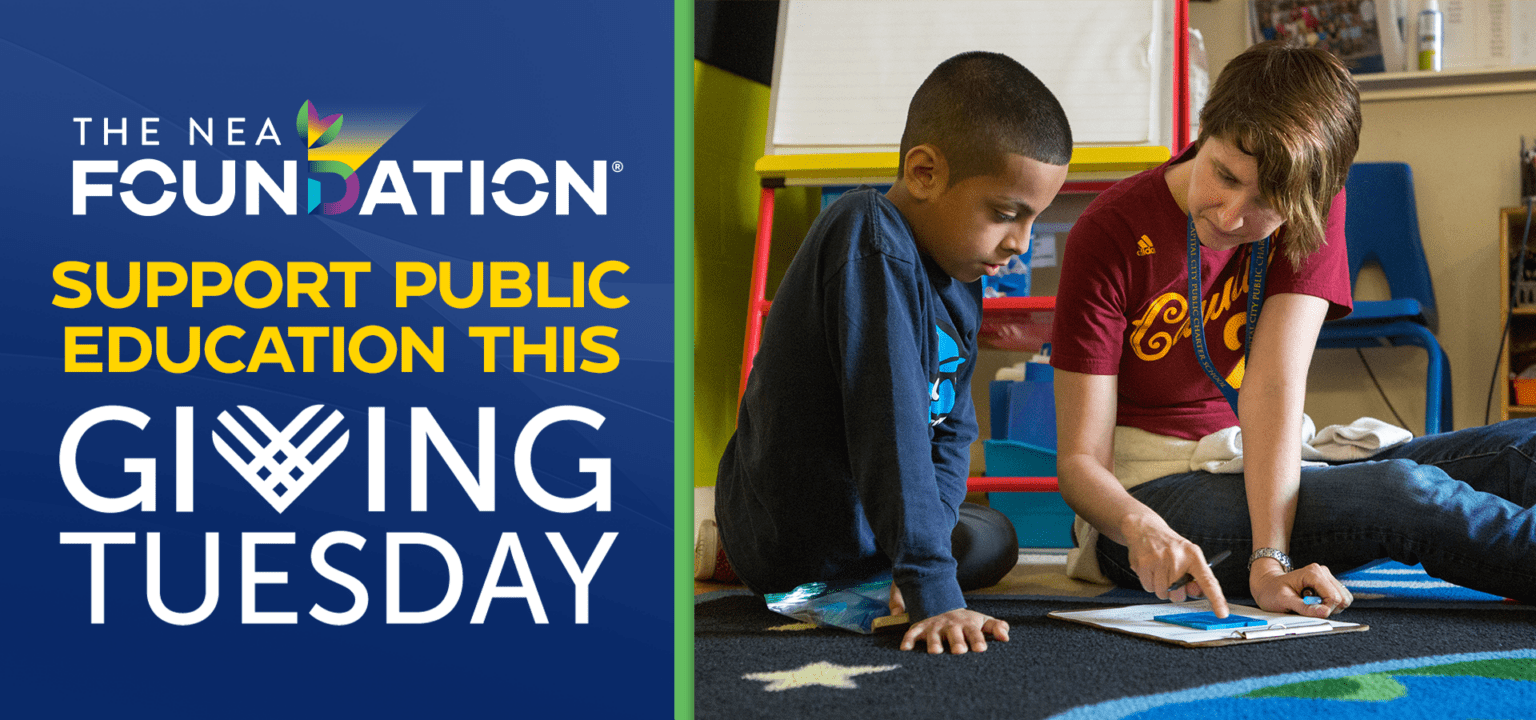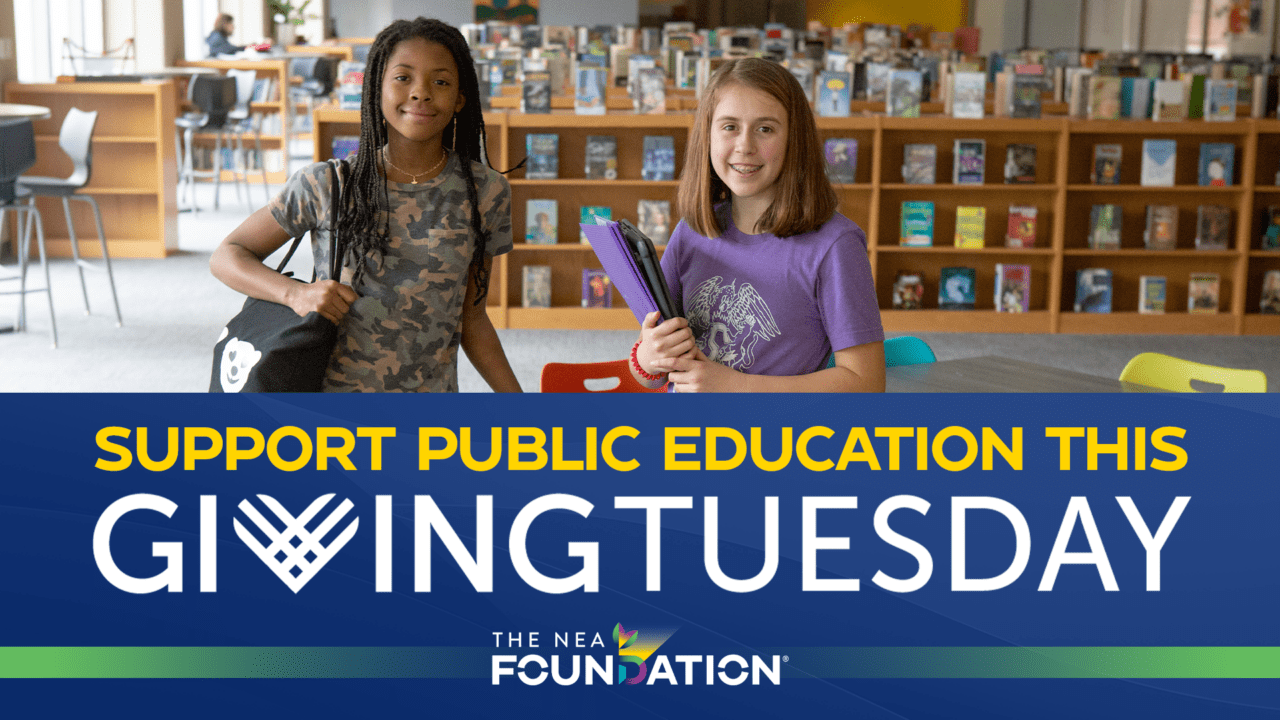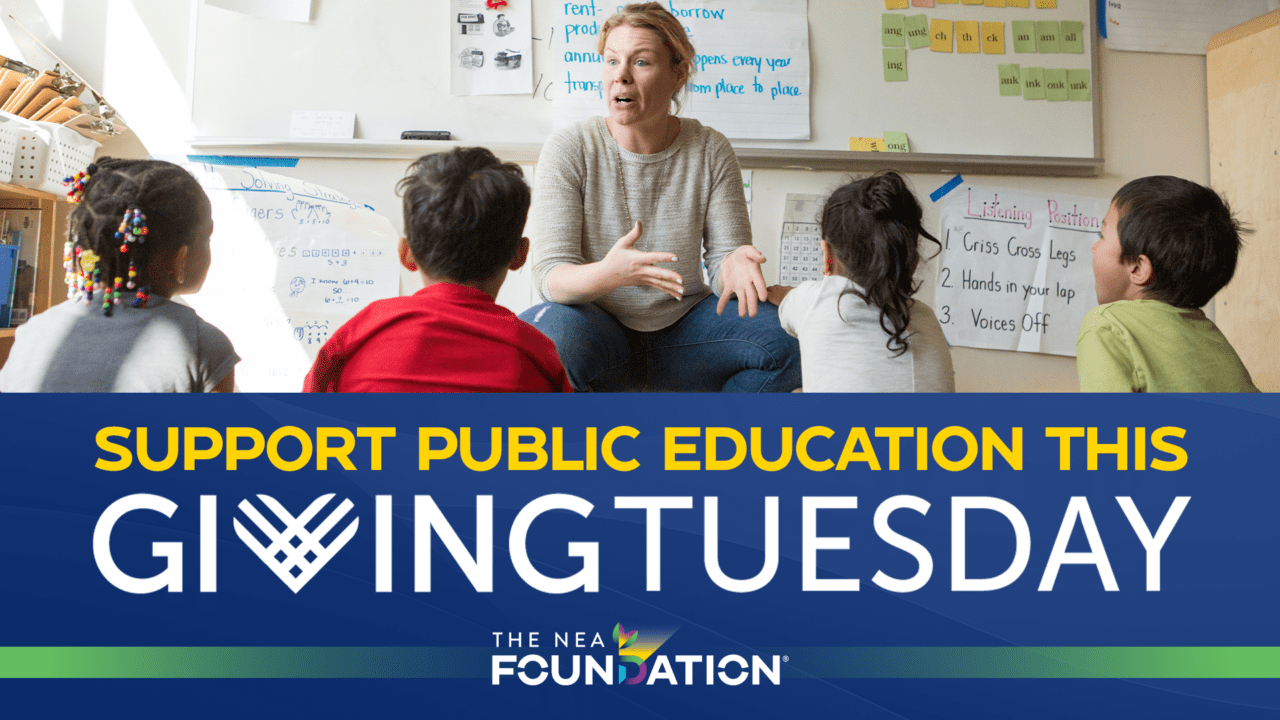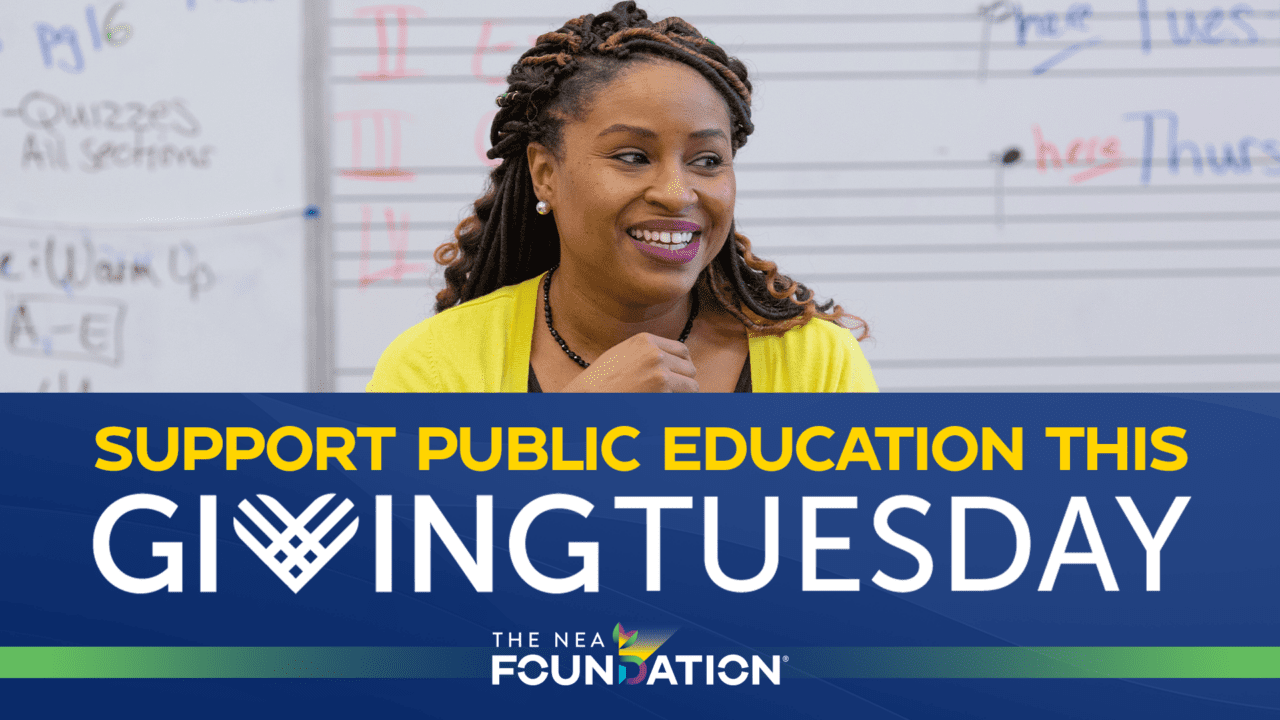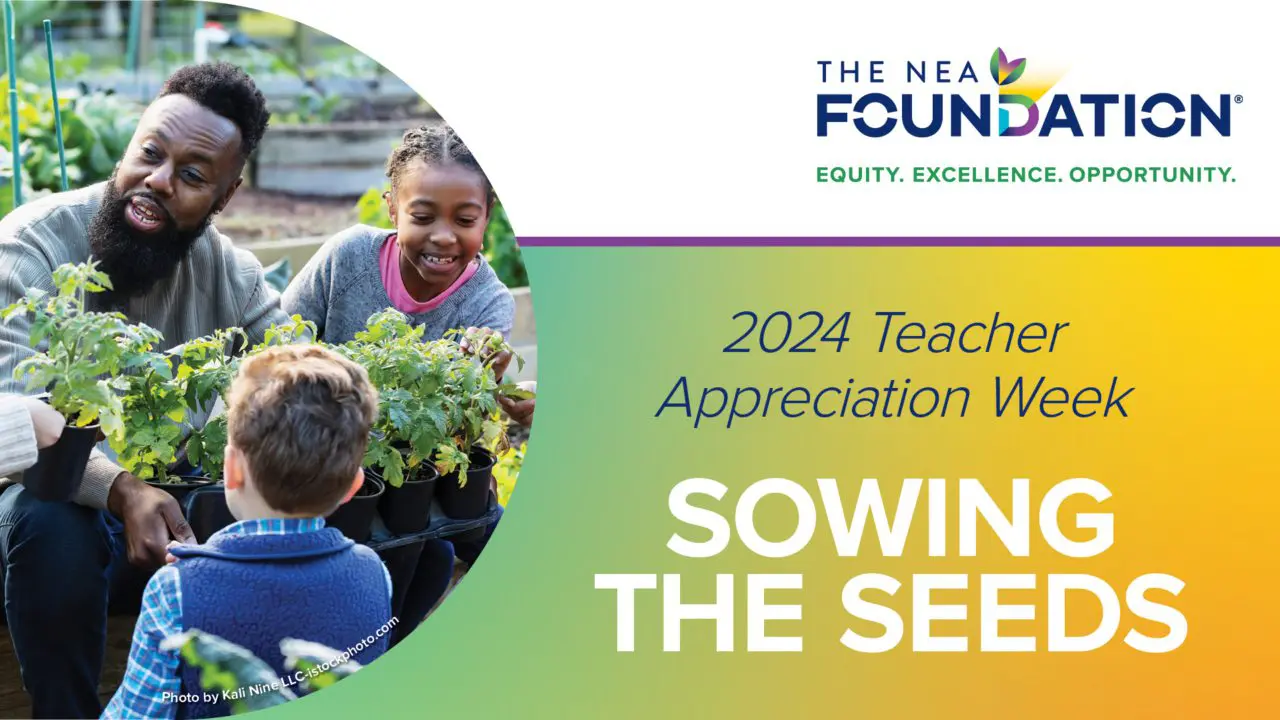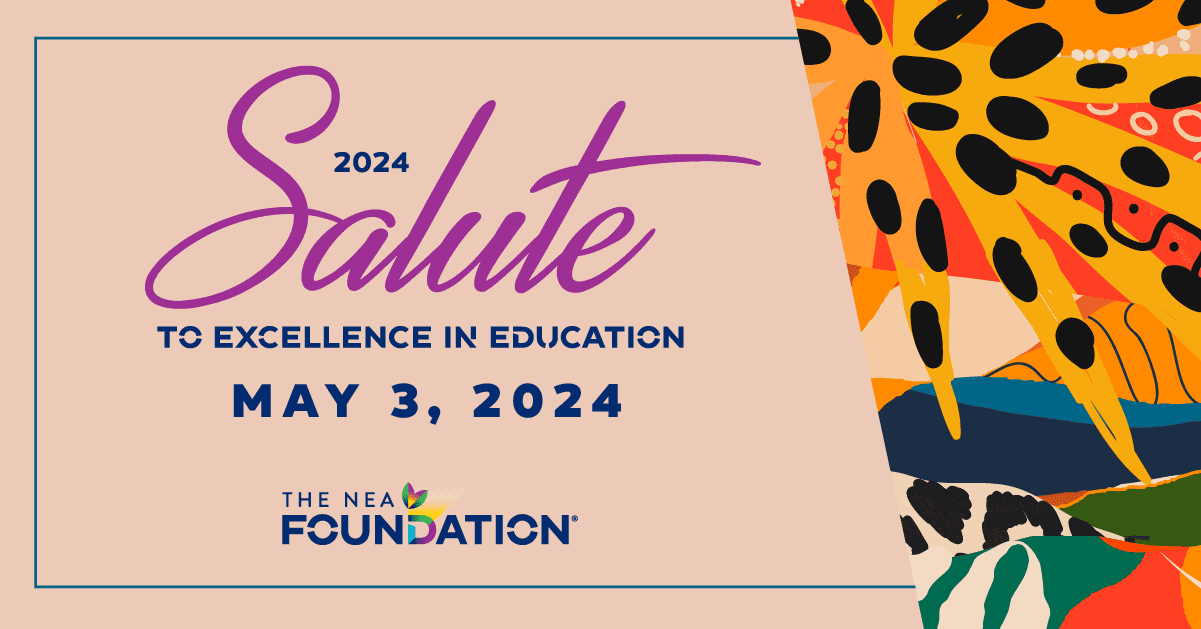Melissa Carpenter is a fifth grade educator in Charles County, Maryland, and was one of The NEA Foundation’s 2024 Travelers Insurance Awards for Teaching Excellence recipients. This Teacher’s Toolkit was originally published by the Maryland State Education Association on July 10, 2024.
CONTENT & SKILLS: Our students will become the next set of leaders in our community. They will someday work alongside us, in our local businesses, and in so many occupational areas we have yet to even dream of. Our classrooms have a great opportunity to teach some of the most important skills that aren’t covered in state testing.
BUILDING YOUR COMMUNITY: Community is not just for students. Classrooms can be very lonely for teachers. It is easy to start to believe you are the only one facing “that” challenge. It is in those moments that I go searching for educator events outside of my circle. Reach outside your classroom, your school, your local. MSEA and NEA have so many opportunities to connect with other members on a larger scale. Leadership conferences, work groups, social events, elected positions, and so much more offer the opportunity to make connections and collaborate on ideas for change. There are so many ways to get involved; the most important part is to share your experience and find the best spot you can make change. The community you find will empower and drive you forward. It will help you see the strength in numbers and most importantly that you are not alone.
FIND YOUR COMMUNITY PARTNERS: You don’t have to be labeled a community school to start working and connecting to the local community. When student learning is connected to the world around them it has major benefits. Reach out to local businesses, organizations, and groups looking for the opportunity to support our school systems. We had visits from a local energy company when we talked about informational texts. During our decimal unit when students enjoyed connecting decimals to money, we had a credit union visit and discussed the importance of financial literacy. Students’ families are another great resource for connecting to the local community.
START SMALL: I often want to make great changes in one swoop but change happens over time. If you want to start working with community partners, start small. Maybe it’s looking for one community partnership a year or setting up one event. Each year I look for more ways to expand these experiences and make them meaningful to the interests of my students that year. Whatever it is you want to bring to your classroom, start with one small change.
COMMUNICATION: Communication is not an easy skill to master. I make sure to give my students time throughout the day to practice this skill along with working through differences, how to manage stress, and other lifelong skills. Building in time to practice these things in a safe, controlled environment allows students to build skills they need with their peers daily.
Recommended reading:

